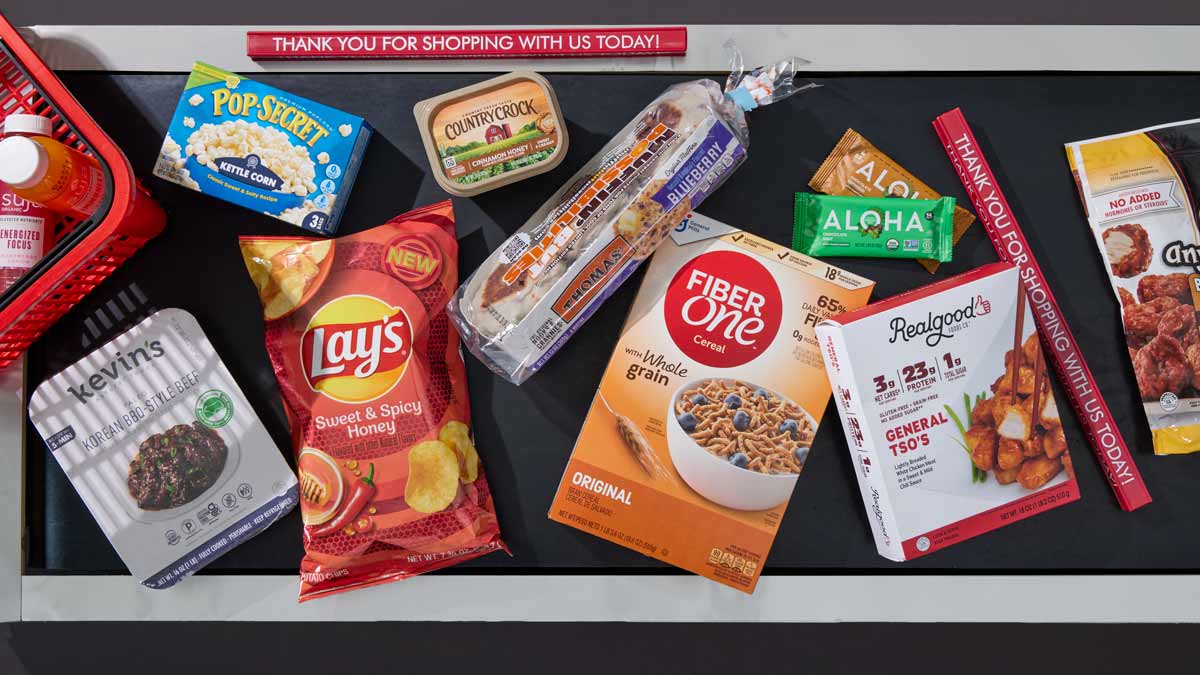The Calorie Control Council says that nonsugar sweeteners are safe, pointing out that governments around the world, including the U.S., allow their use. The FDA has approved all the sweeteners added to food in the U.S., based on studies on animals and people. It also set acceptable daily limits for many of them.
Still, questions remain about their effects on our health. While our bodies know how to process sugar, Nestle says that we didn’t evolve to metabolize nonsugar sweeteners and that “we don’t know nearly enough about how they behave in the body.” She adds that there are just enough suggestions of potential harm to make health professionals uneasy.
Some of the most worrisome data suggests a connection between sweeteners and an increased risk of certain cancers, heart disease, diabetes, depression, and poorer gut health.
Cancer: A 2022 French study that followed more than 100,000 adults for nearly eight years found a link between a higher intake of artificial sweeteners—especially acesulfame potassium and aspartame—and cancer. People who consumed an average of about 80 mg per day of them—the amount in one-third to one-half of a 12-ounce can of diet soda—had a 13 percent higher risk of cancer than those who didn’t consume any amount.
Heart disease: Another study by the same French researchers found that people who consumed the most artificial sweeteners had a 9 percent increased risk of heart disease and an 18 percent increased risk of a stroke. Acesulfame potassium, aspartame, and sucralose had the greatest effect.
More recent studies suggest that sugar alcohols such as erythritol and xylitol may also harm the heart. “Immediately after eating them—and for several hours after—people are more susceptible to blood clots,” which are a leading cause of heart attacks and strokes, says the study’s author, Stanley Hazen, MD, a cardiologist at the Cleveland Clinic.
Diabetes: People who regularly eat foods with sugar substitutes may be more likely to develop type 2 diabetes, and a 2022 study published in the journal Cell hints at a possible reason. The researchers measured the glucose levels in 120 volunteers over two weeks after they consumed 102 mg of sucralose or 180 mg of saccharin. “We saw a gradual disruption of the body’s ability to handle glucose,” says Suez of Johns Hopkins, who led the study. Over time, this may increase the risk of diabetes.
Depression: A 2023 study in the journal JAMA Network Open involving more than 30,000 women found that those with the highest intake of artificial sweeteners had the greatest risk of depression. “We know from animal studies that artificial sweeteners may trigger the transmission of signaling molecules in the brain that are important for mood,” says Andrew T. Chan, MD, a professor of medicine at the Harvard Medical School and one of that study’s authors.
Gut health: An imbalance in the collection of healthy bacteria in the digestive system is thought to contribute to a variety of diseases. The 2022 study in Cell that looked at sweeteners and diabetes risk also investigated the effect of aspartame, saccharin, stevia, and sucralose on the composition of bacteria in the gut. “All four sweeteners caused notable alterations to gut bacteria,” Suez says. “They led to changes in the microbiome that were significant enough to disrupt metabolic health.”
Source link
